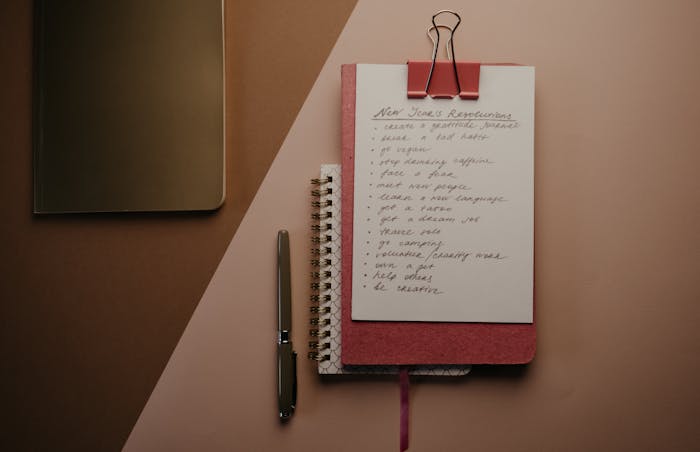New Year’s Resolutions in Recovery
For most of us, the new year represents change and a fresh start to establish healthy habits.
If you are in recovery, the new year could have added meaning and a chance for you to work further on your sobriety with attainable goals and realistic goals. [1]
Continuing your recovery well into the new year will allow you to focus your energy and joy on building meaningful relationships and memories. So, while recovery might not be easy, it is worth it.
By trying small, manageable steps in your ongoing recovery, you will be much more able to stick to your goals and sobriety. [2]
Top Ideas for New Year’s Resolutions in Recovery

The following resolutions may help to keep you on your path to recovery:
Develop New Hobbies
Creating new ways to enjoy your free time is important when in recovery. It can be a great distraction and the perfect way to spend your time free of substances.
Examples of hobbies include:
- learning a new language
- drawing
- playing sports such as tennis
- reading
- swimming
- playing an instrument
Start Journalling
Even if it’s just ten minutes a day, finding a short period of time to write in a journal can make a real difference to your overall mental health and maintaining your recovery goals.
Writing for just a few minutes in the morning or before you go to bed can help your daily life, and aid you to understand your emotions, triggers, or cravings and your most effective coping strategies.
It is a small but meaningful task that can bring more focus to what works for you in recovery from your substance use disorder or substance abuse.
Engage in Exercise
A fantastic way to stay healthy and improve your mental health in the new year is to get active.
This doesn’t necessarily mean running a marathon, just a few changes in your physical health can make a massive difference to your mental health and recovery.
Running a few miles a week can help you get your eight hours of sleep a night and reduce stress and anxiety. [3]
Eat Healthy

In addition to keeping active, maintaining a healthy diet can help you to feel good and fit. Eating nutritional meals can significantly affect your well-being and can aid your recovery, boosting your self-esteem. [4]
Stay hydrated and try to eat a range of food groups, especially your five a day. A healthier diet is a sometimes overlooked aspect of recovery.
Stay Social
Rehab and recovery can be isolating, so spending time to reconnect with friends and family in the new year is a great goal to have. Why not try to do at least one social meet-up per week?
Having a group of loved ones who can support you in your long-term recovery is important. Don’t be afraid to let them in and allow them to help you on your recovery journey.
Spending time with friends can be an overlooked part of your recovery, but it’s incredibly essential to feel supported and have your loved ones around you. [5]
Attend Support Services
Committing to attend a support session once per week or every fortnight can be a great way to ensure you stick to your recovery process.
Support services might be Alcoholics Anonymous, Narcotics Anonymous, Cocaine Anonymous, or other 12-step fellowship meetings depending on whether you suffered from a drug addiction or alcohol addiction. [6]
These support groups allow you to feel supported and connected with other people in recovery who are in a similar situation to you.
For further guidance with your addiction recovery call Rehab Recovery today at 0800 088 66 86.
Sources
[1] https://pmc.ncbi.nlm.nih.gov/articles/PMC7725288/
[2] https://pmc.ncbi.nlm.nih.gov/articles/PMC8671316/
[3]




